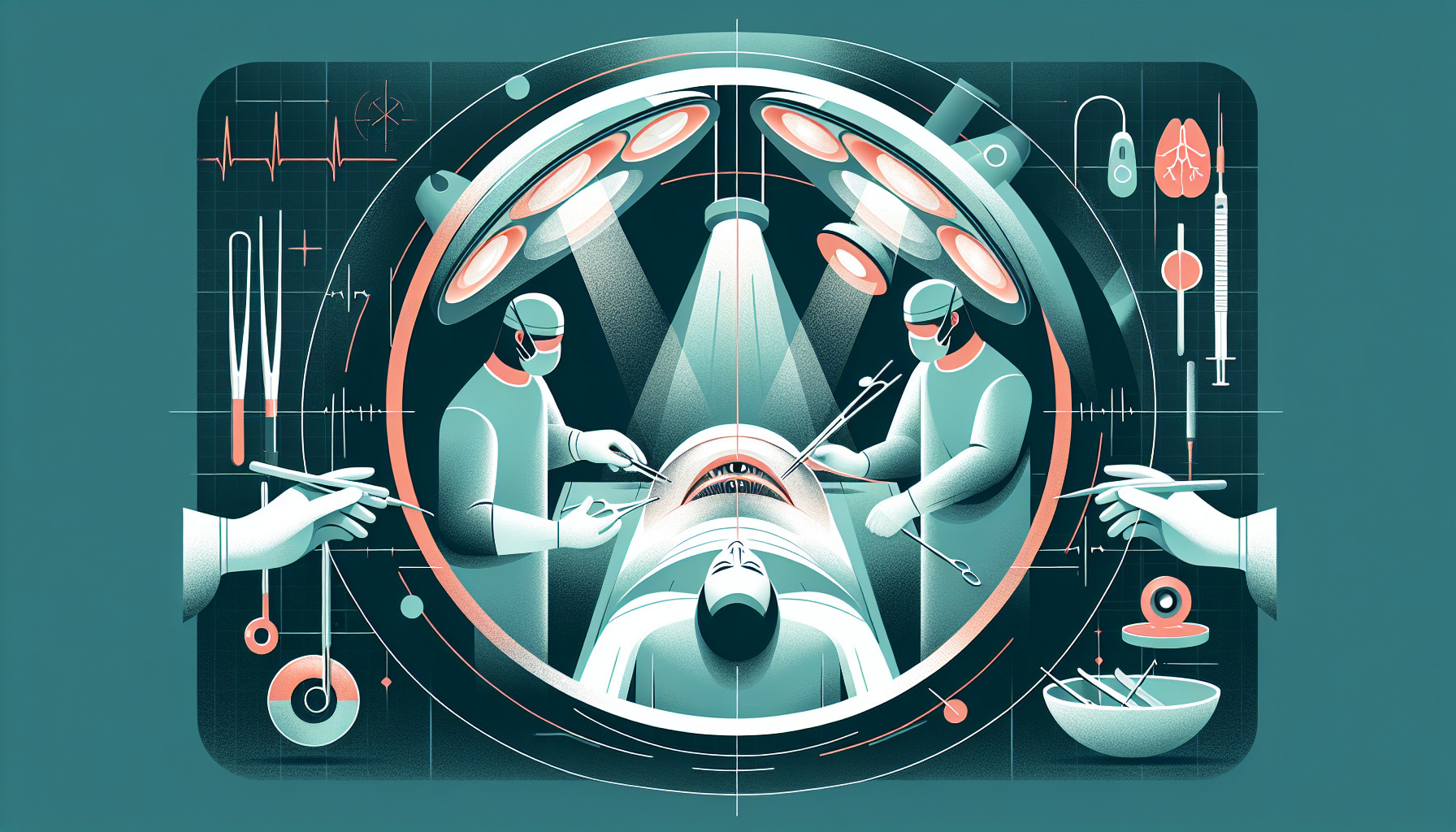Our Summary
This study examined a low-cost and adaptable way to simulate cataract surgery using simple materials. The team created a video that imitates the steps of a cataract surgery, which was shown alongside a video of a real surgery. They then asked ophthalmologists in several regions to watch the video and answer a questionnaire about it.
Almost all of the participants felt that the video was clear and easy to understand. Most of them also agreed that it seemed realistic. They found the tools and adaptations shown in the video easy to use and replicate.
About 90% of participants believed that the techniques shown in the video were a good representation of the skills needed for real cataract surgery. Around 74% felt that the simulation could also help in learning other surgical skills.
The study concluded that their inexpensive simulation technique was effective. It could be used alongside other training tools for cataract surgery, making it easier for people to learn how to perform this procedure by removing financial barriers and providing more exposure to the real tools used in cataract surgery.
FAQs
- What was the main aim of the study on cataract surgery simulation?
- What was the feedback from ophthalmologists about the cataract surgery simulation video?
- How effective was the low-cost simulation technique as a training tool for cataract surgery according to the study?
Doctor’s Tip
A helpful tip a doctor might tell a patient about cataract surgery is to follow all pre-operative instructions provided by your surgeon, such as not eating or drinking anything before the surgery and arranging for someone to drive you home afterwards. It is also important to attend all follow-up appointments and properly care for your eyes as directed by your doctor to ensure a successful recovery.
Suitable For
Patients who are experiencing symptoms such as cloudy or blurred vision, difficulty seeing at night, sensitivity to light, double vision, or changes in color vision are typically recommended cataract surgery. Additionally, patients whose cataracts are significantly impacting their daily activities and quality of life may also be recommended for surgery. Older adults are more likely to develop cataracts, so they are a common demographic for this procedure.
Timeline
Before cataract surgery:
- Patient experiences blurry vision, glare, halos around lights, difficulty seeing at night, and colors appearing dull
- Patient visits an ophthalmologist for a comprehensive eye exam to diagnose cataracts
- Ophthalmologist discusses treatment options, including cataract surgery
- Patient undergoes pre-operative testing and measurements to prepare for surgery
After cataract surgery:
- Patient undergoes cataract surgery, which involves removing the cloudy lens and replacing it with an artificial lens
- Patient may experience temporary discomfort, light sensitivity, and blurry vision immediately after surgery
- Patient is instructed to use prescribed eye drops to aid in healing and prevent infection
- Patient is advised to avoid strenuous activities and heavy lifting for a few weeks
- Patient attends follow-up appointments with the ophthalmologist to monitor healing and vision improvement.
What to Ask Your Doctor
Some questions a patient should ask their doctor about cataract surgery include:
- What are the potential risks and complications associated with cataract surgery?
- What type of cataract surgery will be performed (traditional or laser-assisted) and why?
- What type of intraocular lens will be used and how will it affect my vision after surgery?
- How long is the recovery process and what can I expect in terms of post-operative care?
- What are the success rates of cataract surgery and what is the likelihood of needing a second procedure in the future?
- Are there any restrictions or limitations I should be aware of before and after cataract surgery?
- How many cataract surgeries have you performed and what is your success rate?
- Will I need to wear glasses or contact lenses after cataract surgery?
- How soon will I notice an improvement in my vision after surgery?
- Are there any alternative treatment options to cataract surgery that I should consider?
Reference
Authors: Kaur S, Shirodkar AL, Nanavaty MA, Austin M. Journal: Eye (Lond). 2022 Jul;36(7):1384-1389. doi: 10.1038/s41433-021-01644-5. Epub 2021 Jun 25. PMID: 34172944
